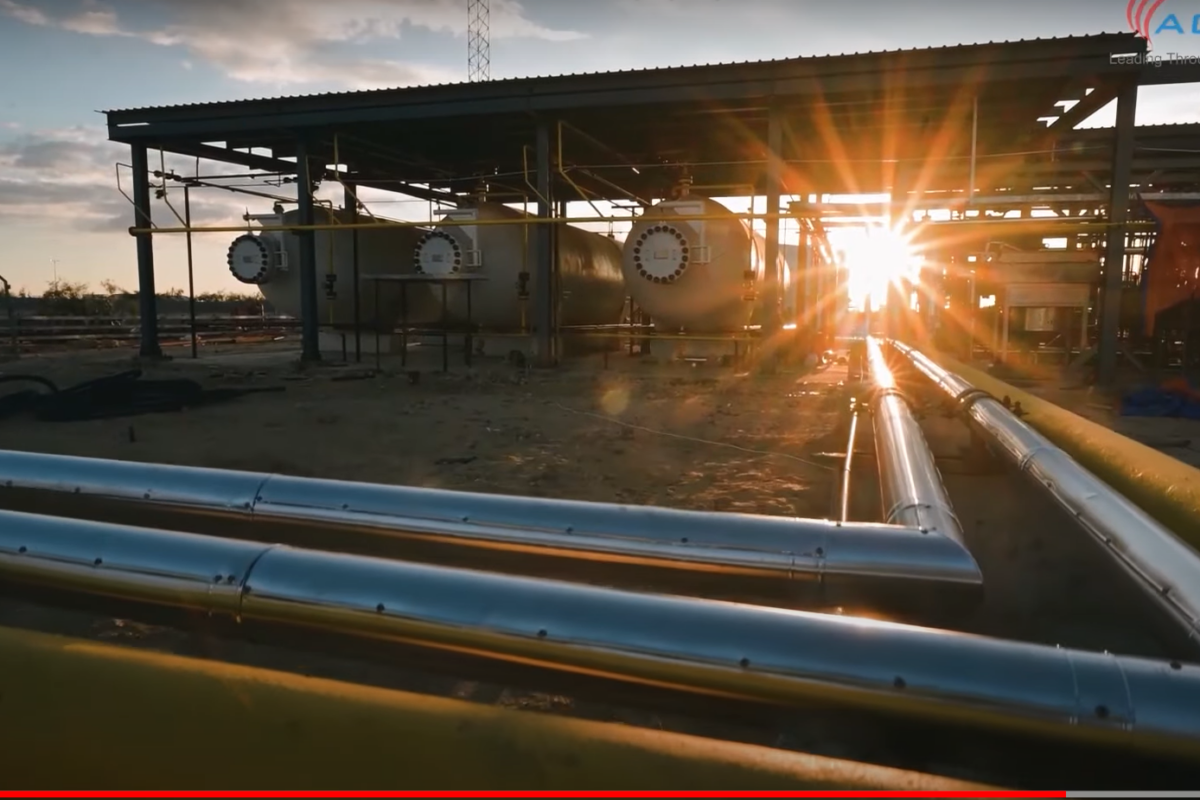India’s cities are undergoing a profound transformation. As urban centres evolve into intelligent ecosystems powered by data, connectivity, and sustainability, the energy infrastructure supporting them must keep pace. Solar energy is emerging not just as a clean alternative—but as a strategic pillar in building decentralized, resilient, and future-ready urban grids.
Smart cities are no longer aspirational—they are essential. And solar solutions are rapidly becoming the foundation of this new urban paradigm, reshaping how cities generate, manage, and consume energy.
Decentralized energy: Strengthening urban resilience
The shift from centralized grids to decentralized solar generation marks a turning point in urban energy strategy. Rooftop solar systems, solar carports, and community solar projects are enabling cities to produce energy closer to the point of consumption—reducing transmission losses and enhancing reliability.
Cities like Delhi and Bengaluru are leading the way, where buildings are transforming into self-sufficient energy hubs. These decentralized systems not only reduce the risk of widespread outages but also ensure continuity during grid disruptions or extreme weather events. The message is clear: resilient cities begin with localized energy.
Sustainability: Solar as a driver of cleaner urban living
In densely populated metros, sustainability is not a choice—it’s a necessity. Solar energy, with its zero-emission profile, plays a critical role in reducing urban carbon footprints and improving air quality.
From solar-powered streetlights in Bengaluru to building-integrated photovoltaics (BIPV) in Pune, cities are embedding solar into their infrastructure to promote healthier environments. Large-scale projects like Bhadla Solar Park complement these efforts by feeding clean energy into the national grid, creating a balanced and scalable model for green urban development.
Economic efficiency: Unlocking long-term value
The economics of solar have evolved significantly. With declining panel costs and robust government support—through schemes like the PM Surya Ghar Muft Bijli Yojana and PM-KUSUM—solar is now a financially viable solution for municipalities and citizens alike.
Cities such as Mumbai are demonstrating how rooftop solar adoption can reduce operational costs for public buildings, allowing savings to be reinvested into infrastructure and essential services. This shift is fostering energy independence and economic resilience across urban India.
Urban electrification: Enabling smart mobility and infrastructure
Solar energy is powering the electrification of urban infrastructure—from public lighting and water systems to electric vehicle (EV) charging stations. Cities like Bengaluru and Nagpur are integrating solar into their mobility networks, supporting clean transport and reducing grid congestion.
These initiatives are more than environmental milestones—they are strategic investments in sustainable urban mobility and infrastructure.
Smart grids: Merging intelligence with clean energy
Smart grids are the digital backbone of modern cities. By integrating solar energy with real-time analytics and AI-driven monitoring, cities can optimize energy distribution, balance demand, and enhance grid stability.
Kerala’s smart grid initiative, led by KSEB, exemplifies how renewable integration can improve transmission efficiency. Technologies like Vehicle-to-Grid (V2G) are also gaining traction, allowing EVs to return surplus solar energy to the grid—creating a dynamic, bidirectional energy ecosystem.
Energy storage: Ensuring reliability around the clock
Energy storage is essential to unlocking the full potential of solar. Advanced battery systems, particularly lithium-ion technologies, are enabling cities to store excess solar power and deploy it during peak demand or low sunlight periods.
Metro cities are increasingly investing in large-scale storage solutions to ensure uninterrupted power and reduce reliance on conventional sources. This capability is vital for building energy-independent smart cities that can operate sustainably and autonomously.
Conclusion: Charting a solar-powered urban future
Solar energy is no longer a supporting element—it is the foundation of India’s smart city vision. As we build the infrastructure of tomorrow, solar solutions will play a central role in shaping resilient, efficient, and sustainable urban environments.
The road ahead calls for innovation, policy alignment, and collaborative partnerships. By combining technology with vision, and ambition with action, we can build cities that are not only smart—but truly sustainable. The sun is not just our energy source—it is our strategic advantage.
The views and opinions expressed in this article are the author’s own, and do not necessarily reflect those held by pv magazine.
This content is protected by copyright and may not be reused. If you want to cooperate with us and would like to reuse some of our content, please contact: editors@pv-magazine.com.








Request for channel partner